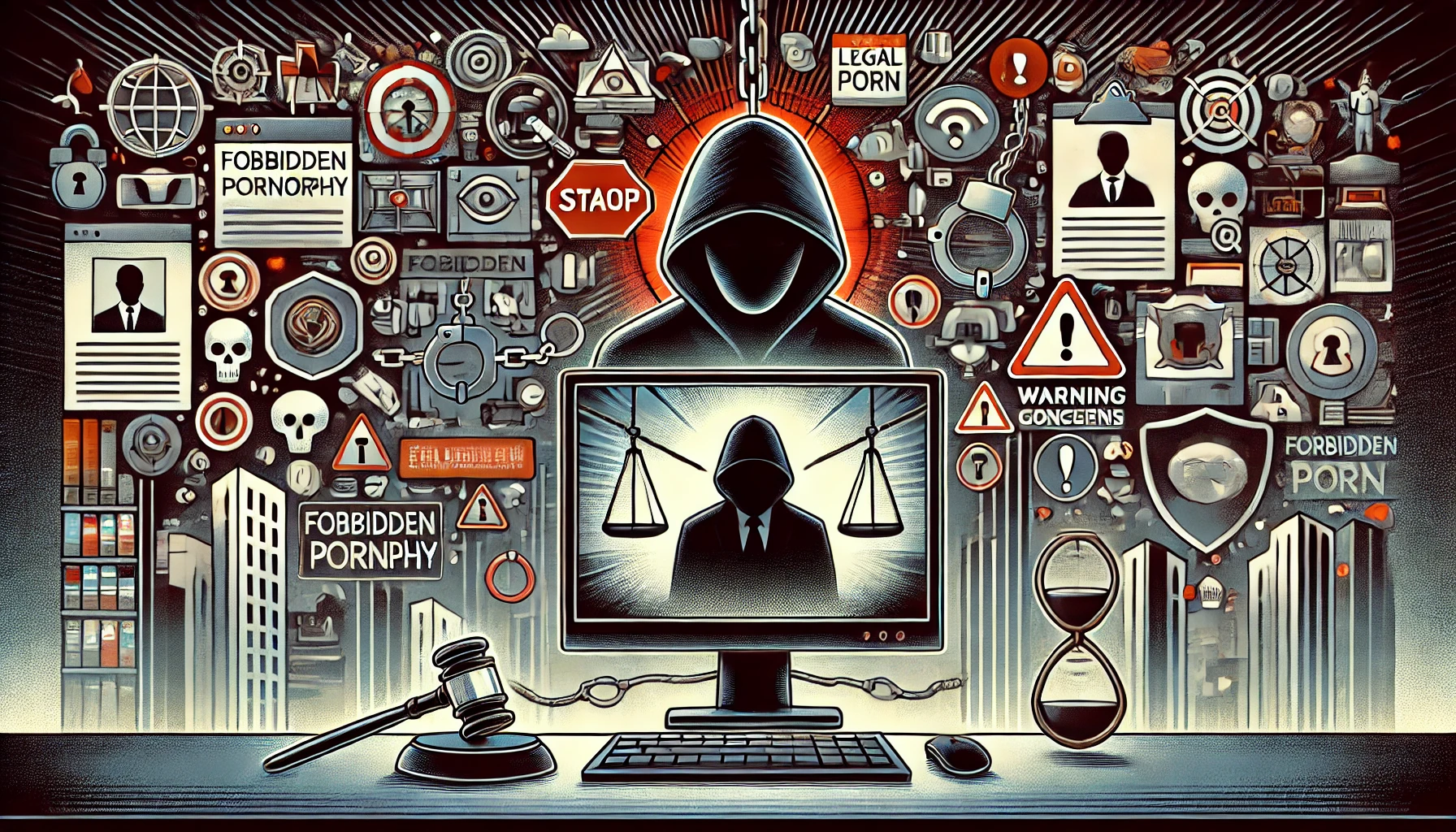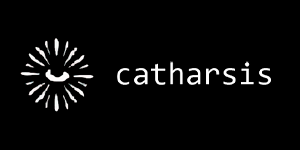Last Updated on July 1, 2024 by DarkNet
Introduction
The advent of the internet has revolutionized various aspects of modern life, including the world of adult entertainment. However, this digital frontier is not without its challenges and controversies. One such issue is forbidden porn – a controversial niche that pushes boundaries and raises moral, ethical, and legal questions. In this article, we delve into the complexities of forbidden pornography, examining its nature, implications, and consequences.
Understanding Forbidden Porn
Forbidden pornography is an umbrella term used to describe adult content that transgresses societal norms, laws, or ethical boundaries. It encompasses various genres and themes such as:
- Illegal: Child pornography, bestiality, incest, and other forms of non-consensual or underage content are illegal and constitute forbidden pornography. These acts are criminal offenses that victimize individuals and harm communities, making them morally, ethically, and legally reprehensible.
- Taboo: Certain themes or acts are socially frowned upon but not necessarily illegal, such as scatology (defecation), urination, vomit, or menstrual blood. These forbidden porn genres often revolve around bodily fluids, functions, and fetishes that society deems ‘unclean’ or unappetizing.
- Kinky: Some individuals derive pleasure from activities considered extreme or unusual by the majority. BDSM (Bondage, Discipline, Dominance, Submission, Sadism, Masochism), gore, and other niche porn genres can be considered forbidden due to their perceived taboo nature.
- Revenge Porn: The non-consensual sharing of explicit media is a form of cyberbullying that can devastate individuals and families. This category of forbidden pornography includes leaked sex tapes, intimate images shared without consent, and other forms of exploitation.
Implications and Consequences
Forbidden pornography has several implications and consequences:
- Legal: Forbidden pornography often violates laws and can lead to severe legal repercussions. Engaging in or distributing child pornography, bestiality, incest, or other non-consensual content is a criminal offense with penalties ranging from fines and community service to lengthy prison sentences.
- Ethical: Forbidden pornography raises ethical concerns regarding consent, harm, and exploitation. It can cause significant emotional, psychological, and physical damage to those involved. Revenge porn, in particular, can result in lasting social, professional, and personal repercussions.
- Moral: Forbidden pornography challenges societal norms and moral values, sparking debates about freedom of expression and individual rights versus community well-being. These discussions often involve religious and cultural perspectives, as well as issues of decency and public health.
- Societal impact: Forbidden pornography can influence societal attitudes towards sexuality, relationships, and personal identity. It may contribute to unrealistic expectations, distorted perceptions, and harmful stereotypes, ultimately affecting interpersonal interactions and overall community harmony.
- Psychological effects: For some individuals, forbidden pornography can lead to addiction, compulsion, and other psychological issues, negatively impacting personal relationships, productivity, and mental well-being.
- Technological challenges: The proliferation of forbidden pornography poses significant technological challenges, with law enforcement and content moderators working tirelessly to prevent its dissemination while respecting individual privacy and free speech rights.
Conclusion
Forbidden porn is a complex issue that intertwines legal, ethical, moral, and societal dimensions. It pushes boundaries and raises thought-provoking questions about the intersection of individual freedoms, community values, and technological advancements in today’s digital age. While some argue for greater acceptance and understanding, others call for stricter regulations and penalties to protect vulnerable individuals and prevent harm. Regardless of one’s stance on forbidden pornography, it is essential to acknowledge its existence and consider the potential consequences, both positive and negative, as we navigate this evolving landscape. Ultimately, open dialogue and informed decision-making are key to finding a balance between individual rights and societal well-being.













